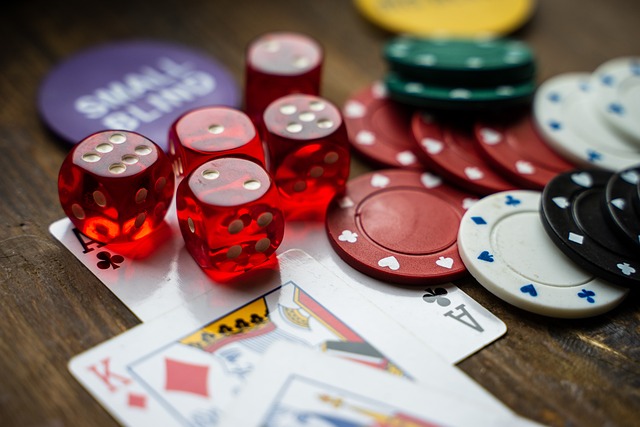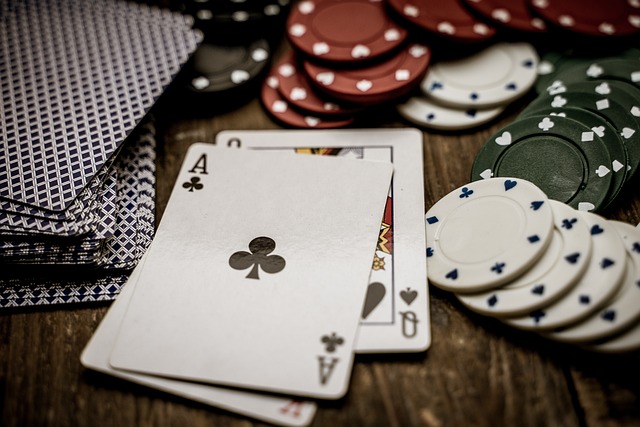Poker, a game of skill, strategy, and chance, is played by millions of people at Bizzo Casino Login. The psychology of winning at poker is a fascinating and important subject because it covers both the mental and emotional aspects of the game as well as its technical aspects. In this post, we’ll focus on key poker abilities that are required to be a winning gamer.
Emotional Intelligence
Poker is a game that can elicit strong emotions in players, especially when large sums of money are at stake. As a result, emotional control is critical. Being composed even when things aren’t going your way could mean the difference between winning and losing.
One method for gaining emotional control is to practice mindfulness meditation. This strategy comprises focusing on the current moment while observing thoughts and sensations objectively. Mindfulness activities can help you become more aware of and control over your emotions.
Confidence
Confidence is essential in poker. Successful players have faith in their abilities and methods. As a result, they don’t hesitate to act fearlessly and take risks when called upon.
Confidence, on the other hand, necessitates a certain level of psychological toughness. You must recover from failures while remaining positive. You must also be able to learn from your mistakes and use them to improve. Memorizing a cheat sheet for poker hands, for example, can increase your decision-making confidence.
Deceit and Bluffing

Deception and bluffing are important poker abilities. Successful players are adept at convincing their opponents that they have a stronger hand than they actually do. They also understand when to fold and when to bluff.
Bluffing and deception, on the other hand, necessitate a certain level of psychological awareness. You must be able to read your opponents’ body language and emotions to determine whether they are bluffing. To avoid giving information about your hand, you should control your emotions and body language.
Patience
Patience is a virtue in poker. The best players know when to fold and when to hold out for a better hand. They are willing to wait for the appropriate opportunity and resist allowing their emotions to influence their decisions.
The ability to be patient is vital for financial management. You may improve your profits if you resist the need to make rash bets and instead wait for the optimal opportunity.
Observation

Observation is an important skill in poker. Successful players monitor their opponents’ movements, looking for tells and trends that will give them an advantage. Furthermore, they are aware of their acts and how others may interpret them.
A certain level of psychological awareness is required for observation. For example, you must be able to read your opponents’ emotions and intentions by their body language and facial expressions. Furthermore, you must consider how others may interpret your behavior.
Adaptability
Poker is a game that requires adaptability. Successful players can adjust their strategies in reaction to their opponents’ actions and changing game dynamics. They can also adapt to a range of opponents, including both aggressive and passive ones.
Studying the game and becoming acquainted with the various strategies available are essential for boosting your adaptability. You should also be conscious of your own strengths and weaknesses so that you may adjust your approach as needed.